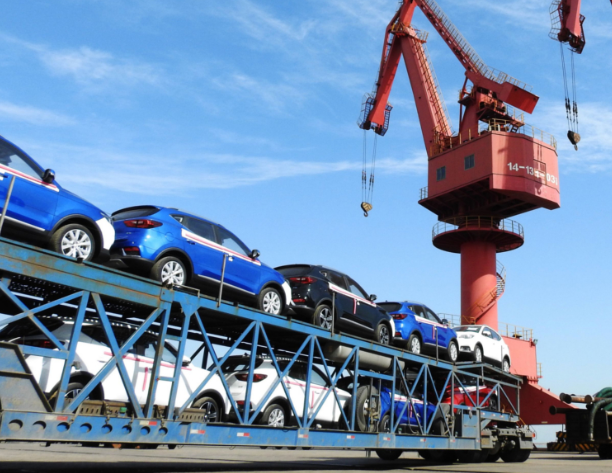
BRASILIA: Brazil‘s President Michel Temer on Thursday signed into law hundreds of millions of dollars in incentives for automakers such as General Motors Co and Volkswagen to produce locally and continue developing engines that run on both gasoline and ethanol.
The plan, known as Rota 2030, replaces a previous package of tax exemptions known as Innova Auto that had expired at the end of 2017. It will also provide incentives to improve the fuel efficiency and safety of vehicles, as well as for investment in research and development.
Brazil, once one of the world’s top five auto producers, is recovering from a two-year recession which saw car sales plummet. Most global automakers have plants in the country, benefiting from tariffs that keep out imports, which they say help offset the country’s high labor costs and often rickety infrastructure.
As signed into law, Rota 2030 will run for 15 years and provide tax credits over the next five years estimated to total 2.1 billion reais ($560 million) in 2019 and 1.5 billion reais in 2020.
The vast majority of Brazil’s cars have so-called “flex” engines which run on both gas and ethanol, produced from local sugar. Rota 2030 lowers by at least 3 percentage points the tax on industrial products applied to “flex” motors.
Brazil’s sugar lobby said in a press release “that the amendment had been developed and suggested by the ethanol industry in line with the demands of the auto industry.”
The bill also renews incentives for the car industry to have assembly plants in the poorer Northeast region of Brazil, where Ford Motor Co and Fiat have factories.
Rota 2030 was voted on by Brazil’s lower chamber on Wednesday, by the Senate on Thursday and then signed by Temer, who also attended the inauguration of the Sao Paulo International Motor Show.
The World Trade Organization criticized Innova Auto for being overly protective of the domestic industry.
While the initial Rota 2030 bill provided fiscal incentives for both local industry as well as auto imports, Congress excluded the incentives for imports, raising the possibility the program will also be questioned.